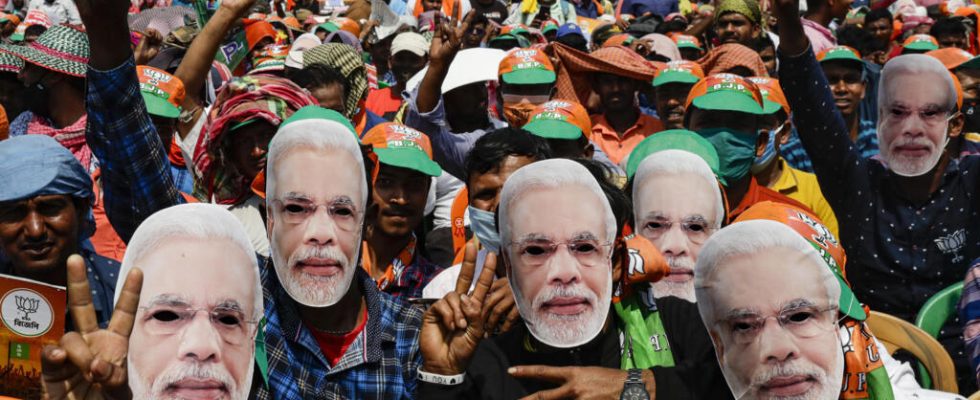In India, will we finally know the donors of political parties? The Supreme Court wants to end their anonymity, but the State Bank of India says it will not be able to provide the list of these donors for several months. Some accuse the bank of deliberately dragging out the procedure in the middle of the electoral campaign.
1 min
With our correspondent in Bangalore, Como Bastin
It has now been three weeks since the Supreme Court declared unconstitutional the anonymous party financing system, or Electoral Bonds, adopted in 2017. Supposed to fight against money laundering, it was criticized for its opacity and the Court’s decision, in in the middle of the national campaign, is a small bomb.
Read alsoIndia: Supreme Court abolishes system of anonymous financing of political parties
However, the State Bank of India, which manages these lines of accounts, asked this week for three months to provide the amounts and the names of the donors. Enough to make those who have long campaigned for the end of this anonymity jump.
“ There is a unique number for each electoral voucher which allows its source to be tracedpoints out Jagdeep Chhokar, of the Association for Democratic Reforms. How can we take several months to provide this information to the Supreme Court? And why took so long to realize it? This all looks like gross manipulation. This does not match the reputation of the National Bank of India. »
The Association for Democratic Reforms filed a complaint before the Supreme Court against the inertia of the bank, which leaves many suspicions hanging while the party of Narendra Modi, the BJP, is the main beneficiary of the donations. The Union of Bank Employees, like most experts, considered the requested deadline unreasonable. The Supreme Court is expected to react in the coming days.
